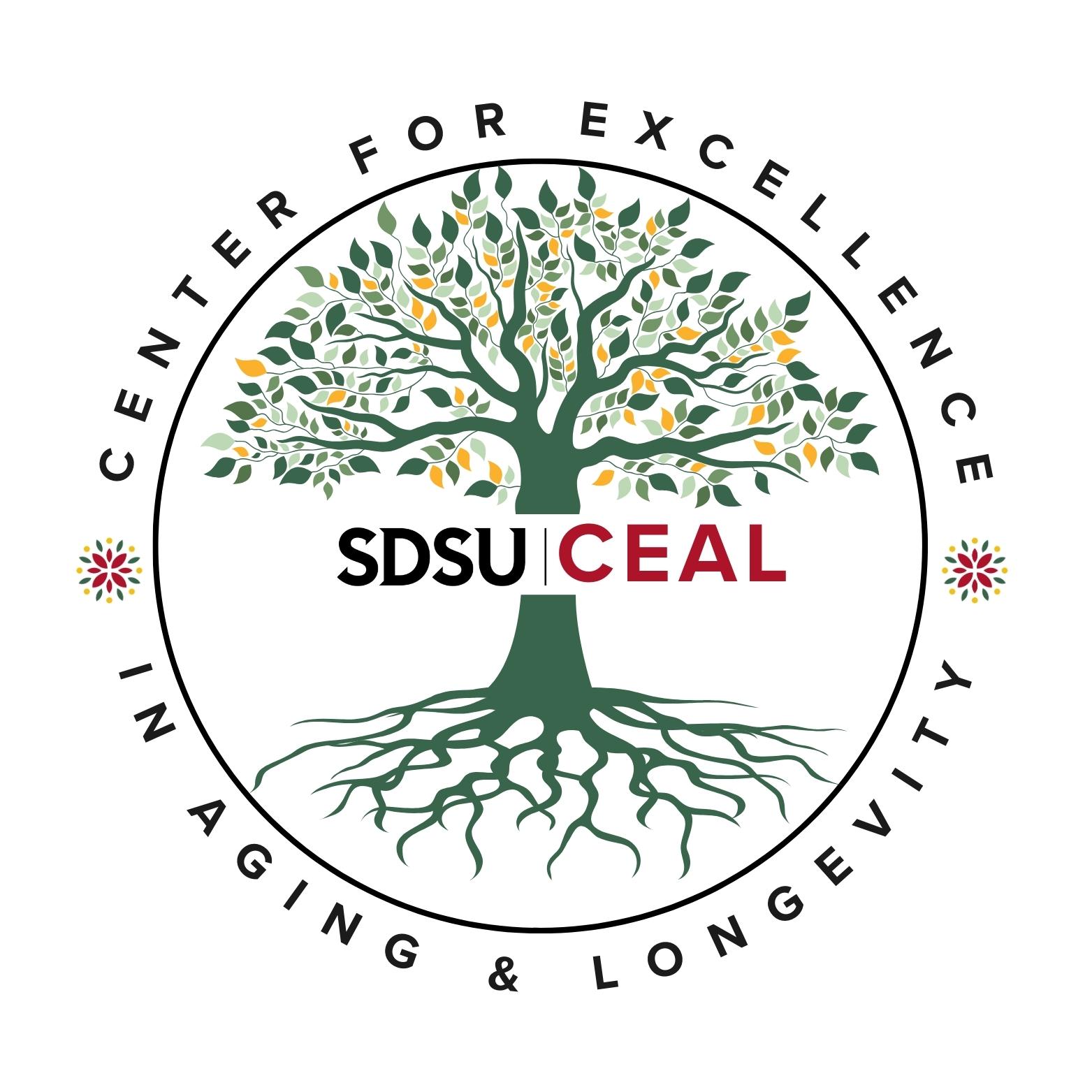By Afrah Shah, Graduate Intern, SPI Social Policy Institute
In celebration of Women’s History Month, the Center for Excellence in Aging and Longevity (CEAL) pays tribute to the remarkable contributions made by women in the fields of gerontology and healthy aging. Their contributions have not only enriched the field of gerontology but have also significantly impacted society as a whole. Here, we highlight five extraordinary women whose dedication to research, advocacy, and innovation has left an indelible mark on the landscape of aging in America.
Ethel Percy Andrus (1884 – 1967)
Ethel Percy Andrus was the first woman to become a high school principal in California. She founded the National Retired Teachers Association (NRTA) when she realized that retired teachers were living off of small pensions with no health insurance. Andrus organized the community around this issue which was ultimately a success. Andrus also founded the AARP (formerly known as the American Association of Retired Persons) which focuses on issues pertaining to older adults. Andrus was a tireless advocate for older Americans, working to improve Social Security benefits, promote healthcare access, and combat age discrimination. She received numerous awards and honors for her work, including the Presidential Medal of Freedom in 1964.
Maggie Kuhn (1905 – 1954)
Maggie Kuhn was a social activist well known for establishing the Gray Panthers in 1970, which continues to advocate for human rights in the present day. Kuhn’s prior years were also filled with activism concerning topics such as women’s rights, poverty, unionizing, and desegregation. Kuhn did not shy away from taboo topics. In her time working for the YWCA, she started conversations around human sexuality which were seldom openly discussed. She was forced into retirement after turning 65 due to an ageist law that mandated all individuals 65 and older to retire. In response, she banded together with a group of similarly affected people to create the Gray Panthers. This organization took on aging-related issues such as forced retirement, retirement homes, and cuts to social security, but also concerned themselves with issues affecting the full spectrum of human experience. She also founded the National Shared Housing Resource Center (NSHRC). Both organizations are active in the current day and provide valuable resources for aging-related care.
Laura L. Carstensen, Ph.D
Dr. Carstensen is a Professor of Psychology at Stanford University as well as the founding Director of the Stanford Center on Longevity. She developed the Socioemotional selectivity theory (SST), which is a theory of motivation through the lifespan. This theory posits that as people age, they become more selective about their social networks. In particular, they tend to prioritize relationships that are emotionally meaningful above others. Dr. Carstensen has also studied other aspects of aging, including the perception of time, memory, and decision-making. In 2011, she gave a TED Talk titled “Older People are Happier” which has over 1 million views. Dr. Carstensen’s work has helped to challenge stereotypes about aging and highlight the positive aspects of growing older, such as increased emotional stability and wisdom.
Paula Rochon, MD, MPH
Dr. Rochon is a geriatrician and researcher who has done work on understanding the impact of medications on older adults. She has identified various factors that contribute to adverse events related to prescribing such as age-related changes in drug metabolism and the use of multiple medications. She has also contributed to research that developed the prescribing cascade concept. This is when an individual, usually an older individual, experiences a side effect of a drug, which is then interpreted as a new medical condition requiring attention and leads to more prescriptions. Additionally, Dr. Rochon conducts research related to the impact of loneliness, improving health, and decreasing stress on the healthcare system. She is the creator and director of the world’s first women’s aging lab which examines gendered ageism and prioritizes women’s well-being and health needs.
Linda P. Fried, MD, MPH
Linda P. Fried is a geriatrician whose work focuses on understanding healthy aging and the prevention of aging-related diseases, specifically “frailty syndrome”, disability, and interventions for promoting health and well-being. Her work on frailty involved developing a biologically-based theory on the presentation of this condition and has led teams in creating a concrete definition and assessment tool for frailty syndrome. Frailty is now a central focus of those concerned with healthy aging, and Dr. Fried’s work has become an essential part of geriatric education. Dr. Fried also aided in the development of a volunteer program called Experience Corps, which works nationwide. The program focuses on training adults aged 55 and older to improve the academic success of economically disadvantaged elementary school students and now exists across the United States. Currently, she is the Dean of Columbia University’s School of Public Health, and the first woman to hold this position at the university. She has led a major redesign of the School’s MPH curriculum and was instrumental in bringing the International Longevity Center to Columbia University.
As we reflect on the profound impact of these extraordinary women, let us renew our commitment to honoring and amplifying their legacies. Their contributions serve as a testament to the resilience, creativity, and spirit of women in shaping a healthier and more inclusive future for aging individuals and society as a whole.

